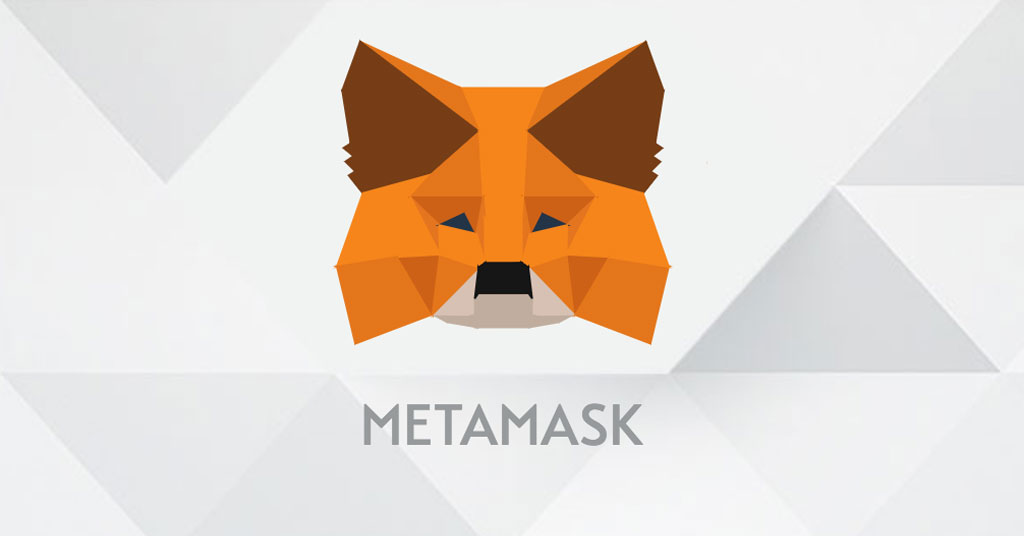As the world shifts towards more digital and decentralized financial systems, cryptocurrency has gained immense popularity metamask extension. A vital tool for engaging with these digital currencies is the crypto wallet. Whether you are a seasoned trader or just beginning to explore the world of blockchain, understanding how crypto wallets work is crucial for securely storing and managing your digital assets.
What is a Crypto Wallet?
A crypto wallet is a software or hardware tool that allows users to store, send, and receive cryptocurrencies like Bitcoin, Ethereum, and others. Unlike traditional wallets, which hold physical money, a crypto wallet holds private and public keys that are essential for accessing and managing your crypto holdings on the blockchain.
- Private Key: This is your secret key to access and control your crypto. Think of it as a password that must be kept secure.
- Public Key: This is similar to an account number that you share with others to receive cryptocurrency.
Without the private key, the crypto stored in a wallet cannot be accessed, making it critical to safeguard your keys.
Types of Crypto Wallets
Crypto wallets come in different forms, each offering varying levels of security, convenience, and control. These can be broadly categorized into two main types: hot wallets and cold wallets.
- Hot Wallets:
- Hot wallets are connected to the internet and are generally more convenient for frequent transactions.
- They can be software-based, such as desktop or mobile apps, or even web-based platforms like exchanges.
- While hot wallets are user-friendly and allow for quick access to your assets, they are more vulnerable to hacking due to their constant internet connectivity.
Examples: Coinbase Wallet, MetaMask, Trust Wallet.
- Cold Wallets:
- Cold wallets, on the other hand, are offline storage solutions designed for enhanced security.
- They include hardware wallets (physical devices) and paper wallets, which store your private keys offline and are immune to online hacking attempts.
- Although cold wallets are less convenient for frequent transactions, they are ideal for long-term storage of large amounts of cryptocurrency.
Examples: Ledger Nano X, Trezor Model T, paper wallets.
How Crypto Wallets Work
The fundamental function of a crypto wallet is to store private and public keys securely. When you wish to send cryptocurrency to someone, your wallet uses your private key to sign the transaction, providing proof of ownership. This transaction is then broadcast to the blockchain network for verification and addition to the distributed ledger.
When someone wants to send cryptocurrency to you, they need your public key (address). The transaction is sent to the network, and once validated, the cryptocurrency is credited to your wallet’s public address.
Benefits of Using a Crypto Wallet
- Security: Crypto wallets offer robust security, particularly cold wallets. The use of private keys ensures that only the owner of the wallet can access the funds.
- Control: With crypto wallets, you are in control of your digital assets. Unlike traditional bank accounts, there is no third party involved in the management of your funds.
- Privacy: Transactions made via crypto wallets can be more private than traditional financial transactions, though not entirely anonymous. The use of blockchain technology ensures transparency, but personal information is not directly tied to wallet addresses.
- Decentralization: Crypto wallets enable users to interact directly with decentralized blockchain networks, allowing for peer-to-peer transactions without the need for intermediaries.
How to Choose the Right Crypto Wallet
Choosing the right wallet depends on several factors:
- Security: If you prioritize security and are holding large amounts of cryptocurrency, a cold wallet (hardware or paper) is the best choice.
- Convenience: For active traders or those who need to quickly make transactions, hot wallets (mobile, desktop, or web wallets) are more suitable.
- Compatibility: Ensure that the wallet supports the cryptocurrencies you plan to use. Some wallets support multiple assets, while others focus on specific coins or tokens.
- Backup and Recovery: Always ensure your wallet has a backup mechanism in place, such as a recovery seed phrase, to recover your funds if your wallet is lost or damaged.
The Future of Crypto Wallets
As the cryptocurrency landscape continues to evolve, so will the technology behind wallets. We may see improvements in multi-signature wallets, biometric authentication, and more user-friendly interfaces for beginners. Additionally, the development of decentralized finance (DeFi) could lead to new types of wallets that offer greater integration with these platforms.
